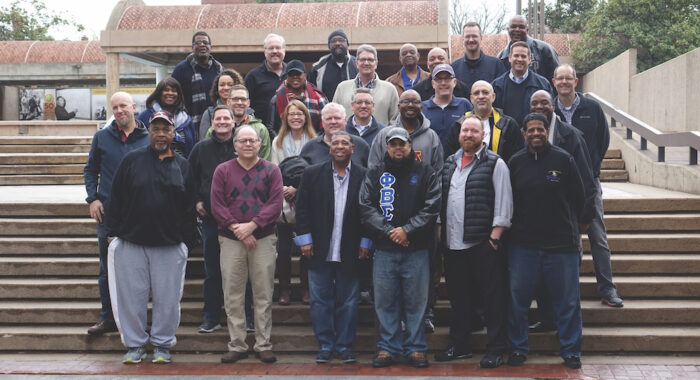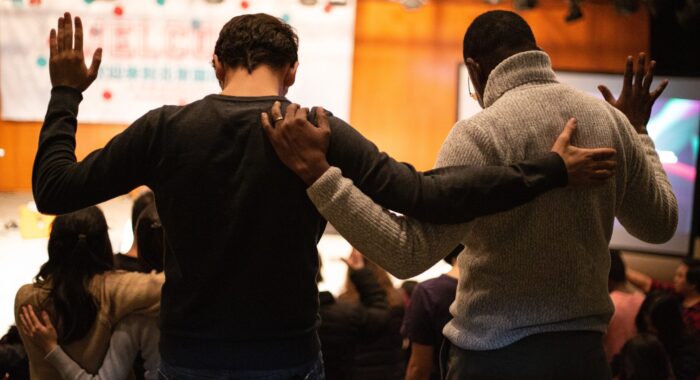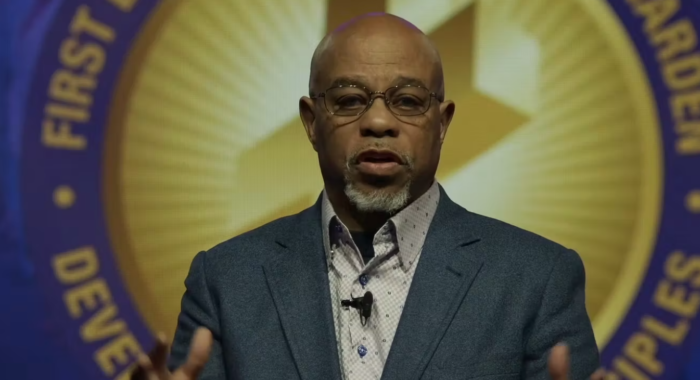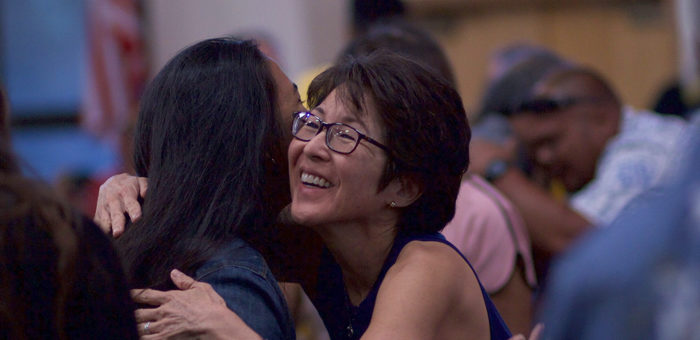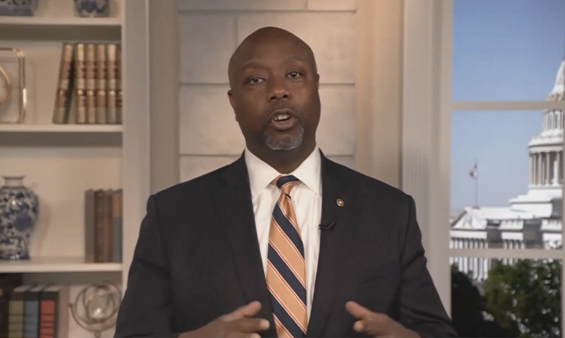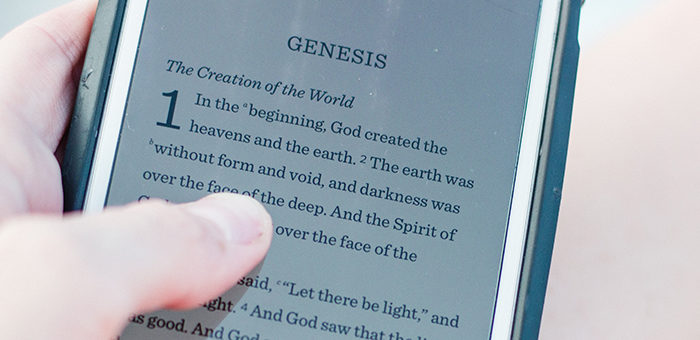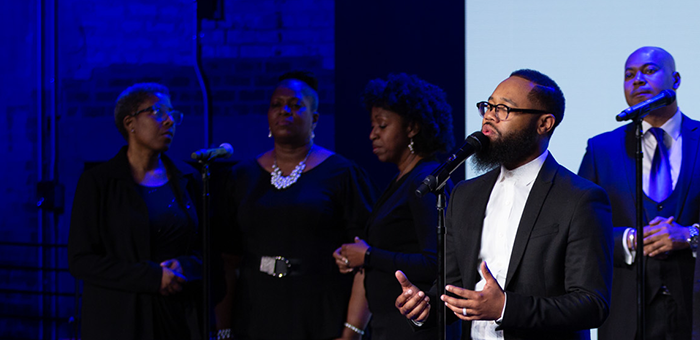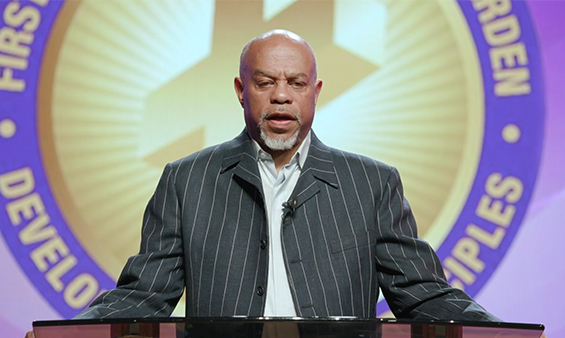
Evangelical leaders shared which books on racial justice and reconciliation they would recommend to Christians who want to learn more. The most recommended book was “The Color of Compromise: The Truth about the American Church’s Complicity in Racism” by Jemar Tisby, according to the July/August Evangelical Leaders Survey. A close second was “Divided by Faith: Evangelical Religion and the Problem of Race in America” by Michael Emerson and Christian Smith.
“Books play a major role in the development of the Christian mind and evangelical engagement in issues of theology, polity and policy,” said Walter Kim, president of the National Association of Evangelicals (NAE). “In the area of racial justice and reconciliation, there are many helpful guides who — through their books — are ready to assist and lead us in sustained efforts in this labor of love and justice.”
Of the most recommended book, “The Color of Compromise,” Randall Bach, president of Open Bible Churches, said, “This book made quite an impression on me, offering perspective in helping me to see through eyes whose experiences have been different than mine. Author Jemar Tisby is gifted with a style that gently and hauntingly provokes without retaliatory anger. He pricks the conscience while inviting conviction-based corrective action. In a time of inflamed communication that adds to tension instead of addressing it, Tisby offers a moral compass to challenge white Christians about how they view and process history and events of our day.”
In addition to “The Color of Compromise” and “Divided by Faith,” other recommended books include:
- “Reading While Black” by Esau McCaulley
- “Embracing the New Samaria” by Alejandro Mandes
- “The Next Evangelicalism” by Soong-Chan Rah
- “Beyond Racial Gridlock” by George Yancey
- “Fault Lines” by Voddie T. Baucham Jr.
- “Rediscipling the White Church” by David W. Swanson
- “White as Sin” by Scott Garber Yancey
- “Roadmap to Reconciliation” by Brenda Salter McNeil
- “Just Mercy” by Bryan Stevenson
- “White Awake” by Daniel Hill
- “White Too Long” by Robert P. Jones
- “Generous Justice” by Timothy Keller
- “The Third Option” by Miles McPherson
Many of the recommended books focus on the complex history and relationships between Black and white Americans, while others offer insight into dynamics of other racial and ethnic minorities in America and cast a vision for the new humanity that includes “every nation, tribe, people and language” (Revelation 7:9).
Leaders noted that books offering a biblical framework on racial justice and reconciliation are especially helpful, as well as those that deepen understanding of historical events to explain present realities. One leader shared that the books he recommended are meant to “evoke, challenge, and reflect on the past as necessary historical data we must confront, the present situations we must find common ground, and the future that includes an arresting vision of God’s intention ‘on earth as it is in heaven.’”
Greg Williams, president of Grace Communion International, said, “I am convinced that the massive conflict surrounding racism, inequality and injustice can only be reconciled in Jesus. We must start with who Jesus is, where Jesus is present in the conflict, and his empowerment to transform all parties who are at odds.”
Ron Hamilton, conference minister for the Conservative Congregational Christian Conference, added, “The issues that we face regarding racial strife and the need for reconciliation have been concerns of the Church for decades. I believe that the Church has the opportunity to lead the way in these critical matters.”
The Evangelical Leaders Survey is a monthly poll of the Board of Directors of the National Association of Evangelicals. They include the CEOs of denominations and representatives of a broad array of evangelical organizations including missions, universities, publishers and churches.



 View All Surveys
View All Surveys 
